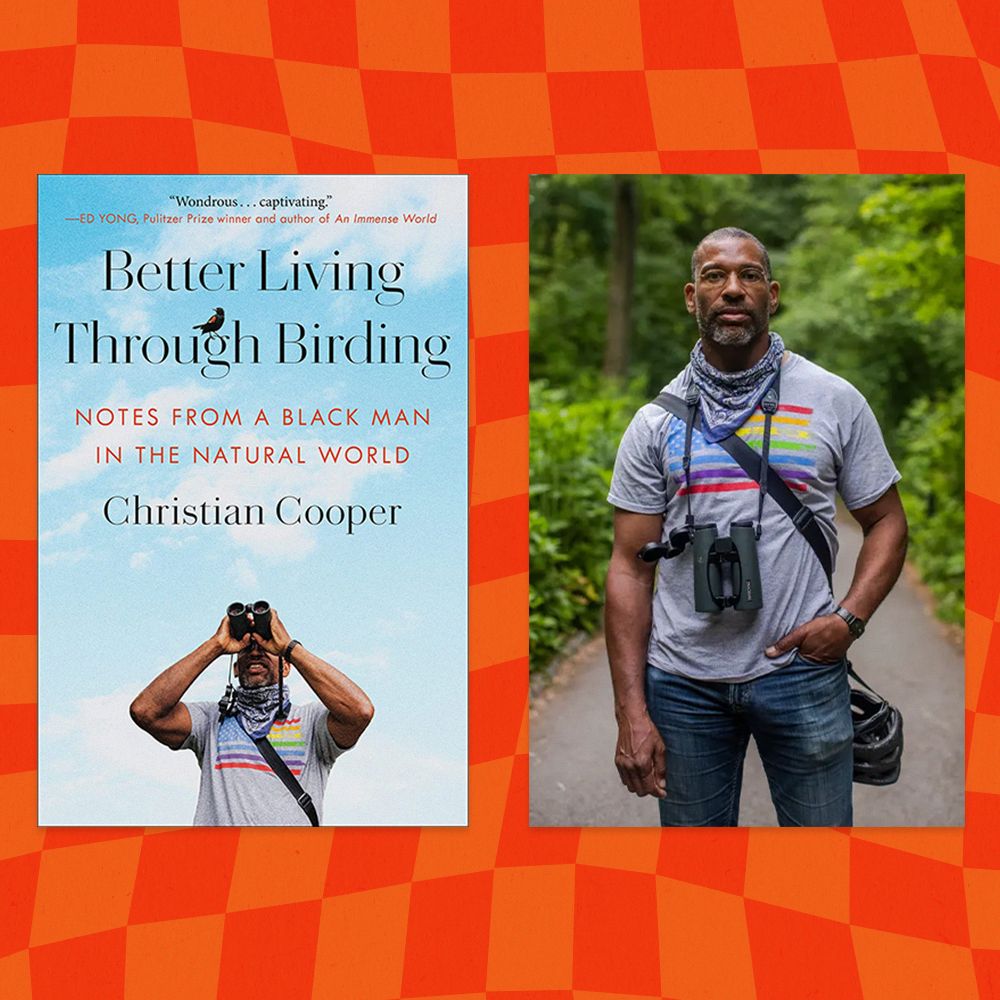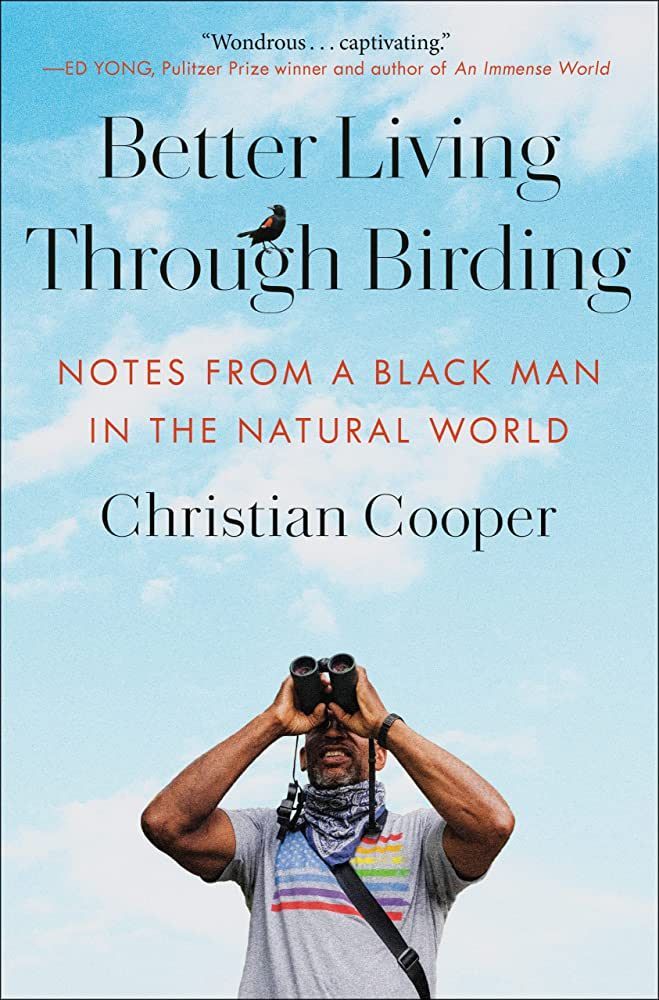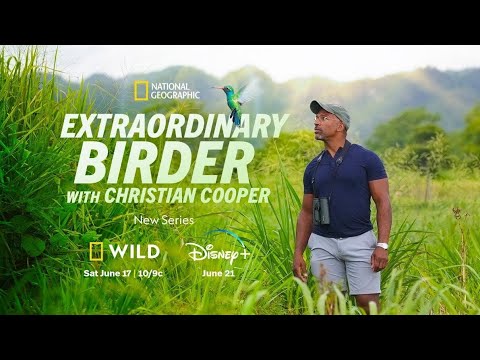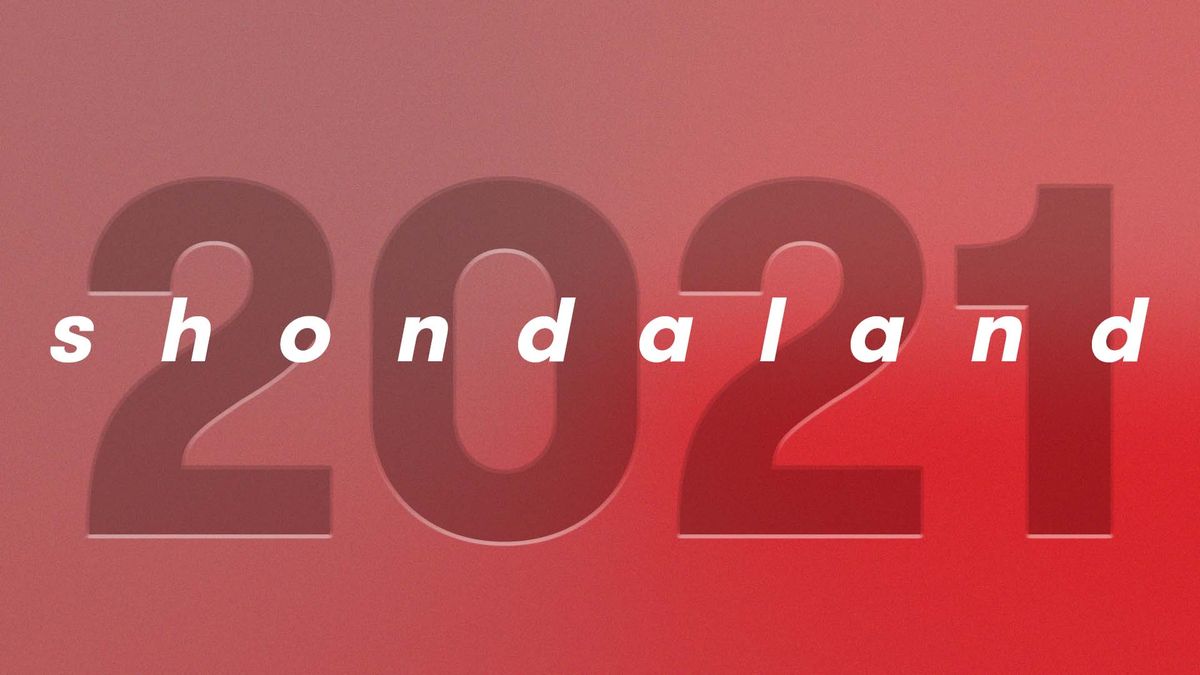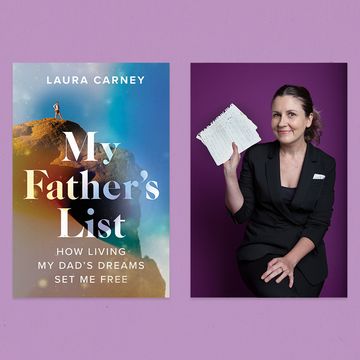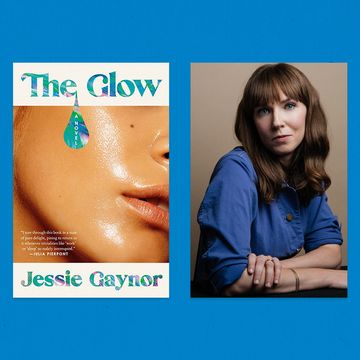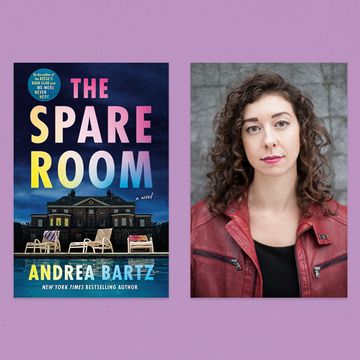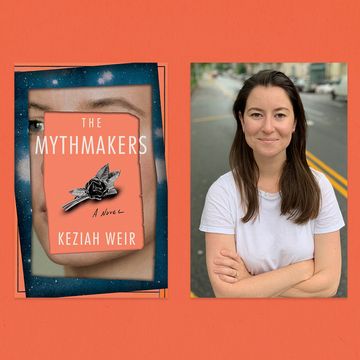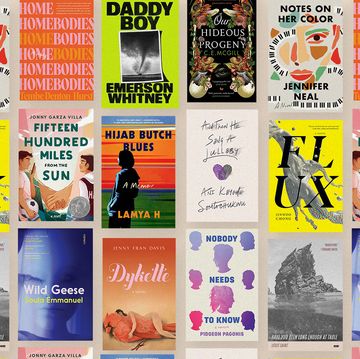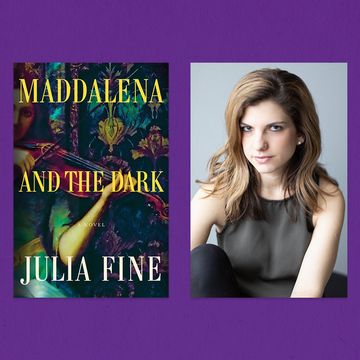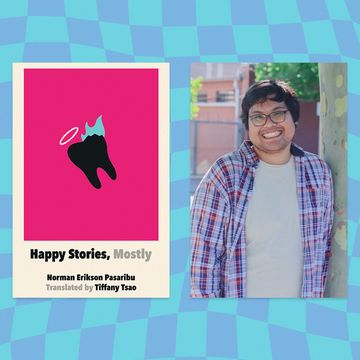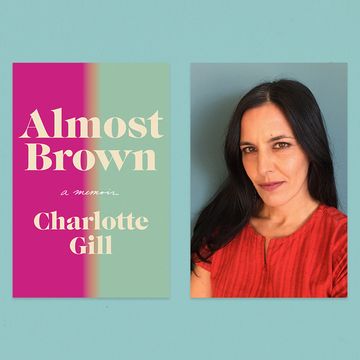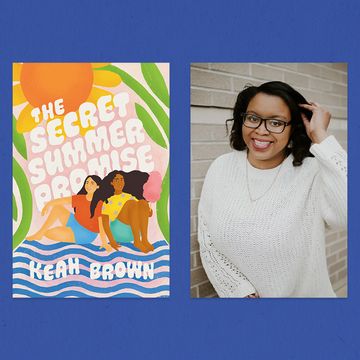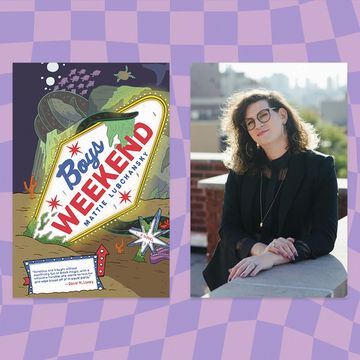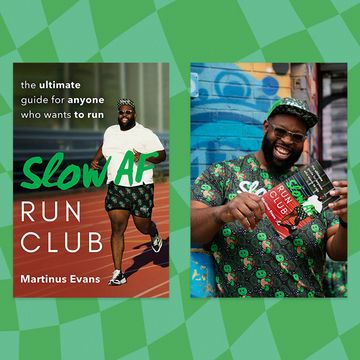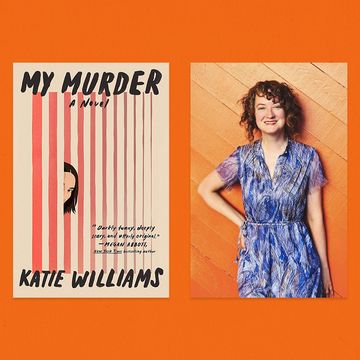A viral moment in May 2020 may have turned Christian Cooper from simply a successful science and comics writer and editor (as well as a lifelong birder) into the “Central Park Birder” when his face was splashed across nearly every news channel in existence after a white woman named Amy Cooper (no relation), who was walking her dog unleashed in the park, threatened to call the police to report (falsely) that “an African American man is threatening my life,” when Mr. Cooper had simply asked her to leash her dog, in accordance with the law and multiple signs posted in the area.
Cooper was determined to not only not allow that one moment in time to define him, but also to use his newfound fame to do what he’s always done: to “stand up for the things I’ve always tried to stand up for — justice for Black people, equality for queer people, a little more humanity for all people, and understanding people as part of the amazing community of living things on this planet,” he says.
Cooper’s debut memoir, Better Living Through Birding: Notes From a Black Man in the Natural World, is the culmination of that determination. The book takes readers on a journey through the author’s life as a Star Trek-loving self-proclaimed Blerd (Black nerd), his work in the comics industry, and his lifelong love of birds and birding. Not only that, but it also serves as a primer to anyone else looking to get into birding, providing tips and advice throughout and even expounding on the premise that you can improve your life in various ways through this meditative practice. It is not only beautifully written and incredibly sharp in dealing with important topics like the racial bias that has impacted Cooper throughout his life, including the Central Park incident, but it is also simply a blast to witness his infectious joy for birds and birding.
Shondaland recently spoke with the author to discuss life as a birder, the massive impact of his viral 2020 encounter, his new TV series Extraordinary Birder, and so much more.
SCOTT NEUMYER: Can you tell me a little bit about how you came to be a birder and where that love of birds and birding came from?
CHRISTIAN COOPER: My dad was a science teacher, so when I was growing up, nature was always big in our household. At about age 9 or 10, I had a few key experiences, which I go into at length in Better Living Through Birding, that made that love of nature take the very specific form of a fascination with birds for me. Birds are so accessible; no matter where you are, there are birds there chowing down on all kinds of foods, chasing each other around, building nests, strutting their stuff in mating displays. … And after all, how can you not love birds? They give our world spectacular colors and patterns, amazing sounds; think of a flock of Canada geese flying low overhead in the fall in formation, booming voices splitting the sky. You don’t have to go to some distant national park to witness that majesty; in North America, that can happen almost anywhere. So, I was smitten very early on.
SN: There are so many things I really love about this book, but one of my favorite aspects is the way that it’s positioned with its title, Better Living Through Birding. It is as if to say that “Despite this terrible thing that happened to me in Central Park that you might know me from, not only has birding been an absolute joy of my life, but it also has enriched and improved my life, and it can do the same for you if you let it.” Growing up as a birder, writer, and lover of nature, is this the dream book you always wanted to write, but maybe didn’t have the chance before?
CC: I’ll be honest: I never dreamed of writing this book! I’m not a very confessional kind of guy, and writing a memoir felt like taking my clothes off in public. But the opportunity was there to make my passion for birds infectious, and to simultaneously stand up for the things I’ve always tried to stand up for — justice for Black people, equality for queer people, a little more humanity for all people, and understanding people as part of the amazing community of living things on this planet — to a larger audience. Could I do all that in a relatable way through my own story? I couldn’t resist the challenge! Now it’s for the readers to decide whether I succeeded.
SN: Speaking of the Central Park incident, you really use that as a bit of a bookend for your story, while also allowing it to speak to other aspects of your life throughout. Was that the goal when you sat down to write this book, to kind of use what happened to you as a springboard into discussing your life and these important topics in truly meaningful and broader ways?
CC: Expanding beyond the viral moment to a fuller picture of who I am wasn’t so much a goal as an inevitable consequence of writing the book, and I’m quite glad for that. As challenging as it was to write it, better people than me never get the chance to tell their story in their own words to a broad audience, so I’m very fortunate. By the time the viral moment comes in the book, a whole bunch of things that are explored in earlier chapters — my history of activism, even my nerdy devotion to Star Trek’s Mr. Spock and his total emotional control — factor into what happens next.
SN: I love that Random House has given you the opportunity to write this story in the way you wanted and to tell your whole story, but I have to wonder, after everything happened in Central Park and there was this huge viral moment, were you approached by publishers, filmmakers, producers, etc. to tell your story, but in a very narrow way, completely defined by this one incident?
CC: Interestingly enough, that didn’t happen. What did happen was a lot of people were interested in putting me and Ms. Cooper, the dog walker of the incident, in the same room with cameras rolling. Nope.
SN: I want to ask one last question about something you talk about in the Central Park section of the book before moving on: You’ve shown a huge amount of tempered empathy for Amy Cooper. While you know what she did was heinous and she hasn’t shown any remorse or true understanding why it was wrong in the time since, you also don’t want to ruin anyone’s life or put her in jail. Was this a difficult personal decision for you to come to? Of course, you were in a very difficult position, getting pressure from both sides (including the district attorney, who was eager to prosecute Ms. Cooper and ended up coming to knock on your door).
CC: Whether or not to participate in the prosecution was the most difficult decision about the whole thing. But really, we’re spending too much ink talking about one specific person and the mistake that person made, when what matters about that incident is how it revealed that racial bias is so widespread, runs so deep, is so difficult to root out.
Keep things in perspective: That bias led a police officer to murder George Floyd later that same day. That bias keeps the people of Washington, D.C. — urban, mostly Black and brown — from having any voice in our government, while the states of Wyoming and Vermont — rural, with fewer people than D.C. but most of them white — get two U.S. Senators each.
So, my reactions are tempered by a degree of empathy, yes, but also by a determination to not fixate on her, to keep the focus on what really matters: the manifestations of racial bias that we can all take an active part in fixing.
SN: You mention in the book how you had the opportunity to work on a birding series, which we now know is Extraordinary Birder on National Geographic. What can you tell us about the show and how the experience working on it was for you?
CC: Working on Extraordinary Birder has been an absolute blast! Each episode goes to a different part of the country and not only features the amazing birds to be found there but explores the issues that arise where birds and people intersect, and how we can live better side by side. That’s where the extraordinary birders come in — the biologists, conservationists, and devoted amateurs who are doing incredible, inspiring work trying to save birds and their habitats. It’s my privilege to be able to bring these stories to the public.
For example, in NYC I got to ride to the top of the tower of the George Washington Bridge to help the biologist studying New York’s peregrine falcons check the health of newly hatched birds. Viewers get to take that ride with me and stand atop the bridge, the Hudson River a dizzying distance below, as the mother falcon zooms between the bridge’s steel girders, shrieking at us because she’s mad as hell that we’re near her young!
SN: What would be your Holy Grail birding moment?
CC: A great grey owl. They’re huge birds of the boreal forests, with big yellow eyes. They can hunt by hearing alone to find the rodents who live beneath the snowpack in wintertime, and then they use their powerful talons to punch through the snow to seize their prey. This I’ve got to see!
SN: I love how this book also works as kind of a primer for folks who might want to get into birding or might be on the fence, just needing a little push. If you could give one piece of advice to a complete birding beginner who wants to get into it, what would it be?
CC: Get out there, and look and listen! In fact, you don’t even have to leave the house; you can just look out the window. Binoculars are an important tool, but you can certainly bird without them. The more important tool is your own powers of observation. Equip yourself with that, and the world of birds will open up to you.
This interview has been edited for length and clarity.
Scott Neumyer is a writer from central New Jersey whose work has been published by The New York Times, The Washington Post, Rolling Stone, The Wall Street Journal, ESPN, GQ, Esquire, The Boston Globe, AARP, Parade magazine, and many more publications. You can follow him on Instagram and Twitter @scottneumyer.
Get Shondaland directly in your inbox: SUBSCRIBE TODAY
